Lowe, Partners Kick Off $300M Culver City Development
Co-developer AECOM Capital and an investment vehicle sponsored by Rockwood Capital are also part of the Los Angeles-area transit-oriented project.
By Barbra Murray
Lowe, formerly Lowe Enterprises, strikes a blow for smart growth in Los Angeles. The commercial real estate firm and its partners just commenced construction of the highly anticipated Ivy Station, a 500,000-square-foot mixed-use project that will sprout up across from a Los Angeles Metro Expo light-rail station in Culver City. Lowe is joined on the approximately $300 million transit-oriented development by AECOM Capital, its co-developer, and an investment vehicle sponsored by Rockwood Capital, which is providing additional financing.
“Ivy Station will be a property that is welcoming to all—commuters, residents, tenants and guests based there, as well as the neighborhood community,” Tom Wulf, senior vice president with Lowe, told Commercial Property Executive. “It is designed to encourage public engagement as it connects seamlessly and embraces the Expo light-rail station, and offers multiple points of entry and connection to the neighborhood for pedestrians, cyclists or by car.”
Designed by Killefer Flammang Architects and EYRC, Ivy Station will have all the makings of a vibrant live-work-play destination. Consisting of several low-rise buildings on a 5.2-acre infill site, the development will feature 200 apartments; a 148-room boutique hotel; a 200,000-square-foot office tower; and 55,000 square feet of ground-level retail and restaurant offerings. The project will also provide below-grade parking with 1,500 spaces, 300 of which will be reserved for Metro riders’ use. Two acres of public open space will connect it all.
It’s a sign of the times. “Ivy Station is an example of how Los Angeles, in many areas, is maturing from a sprawling, lower density suburban environment and into a more urban scale with walkable amenities and access to multi-modal transit option,” Wulf said.
A car-centric culture
Old habits die hard, but Ivy Station is among the growing number of TODs that will, by design, help Los Angeles-area residents wean themselves off a longstanding addiction: cars. As noted in a recent study prepared for the City of Los Angeles Department of Transportation, density decreases the need to drive, as there’s less distance between origins and destinations—except in Los Angeles, where the level of per capita vehicle miles traveled relative to density is surprisingly high. But the times, they are a-changin’.
“As a city, we are now working to improve our built-up network and by doing so, have the opportunity to enhance and improve the pedestrian experience which ultimately may reduce our collective reliance on vehicle usage,” Wulf remarked. “That is not to say that we will drastically change our car culture—it will be slow and must be adopted over time as alternative options both improve and are introduced.”
With Bernards onboard Ivy Station as general contractor, pedestrians and drivers alike in Los Angeles will soon be able to avail themselves of a new mixed-use option. Lowe, AECOM Capital and Rockwood expect the development—which has reeled in a construction loan commitment by Bank of the Ozarks—to make its debut in the fall of 2019.
For Lowe, news of construction kick-off at Ivy Station marks the 45-year-old company’s first announcement since its rebranding from Lowe Enterprises, a change made as the company charts the course for its future.
Image courtesy of Lowe

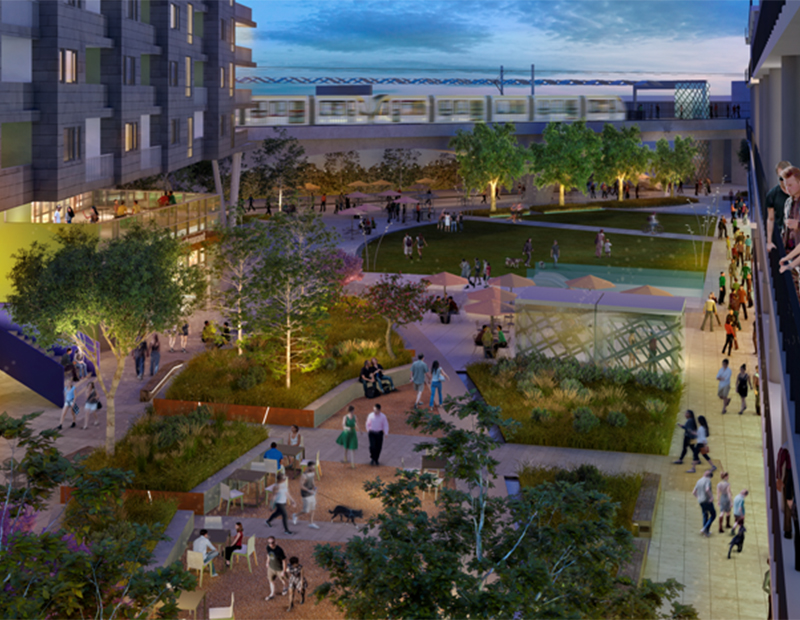
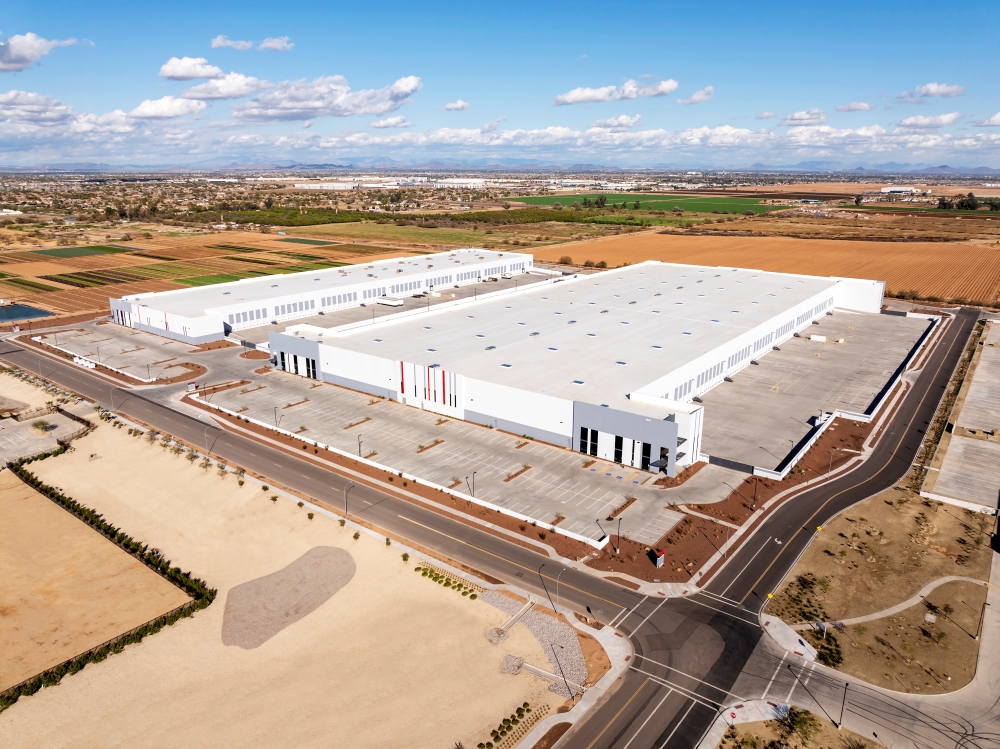
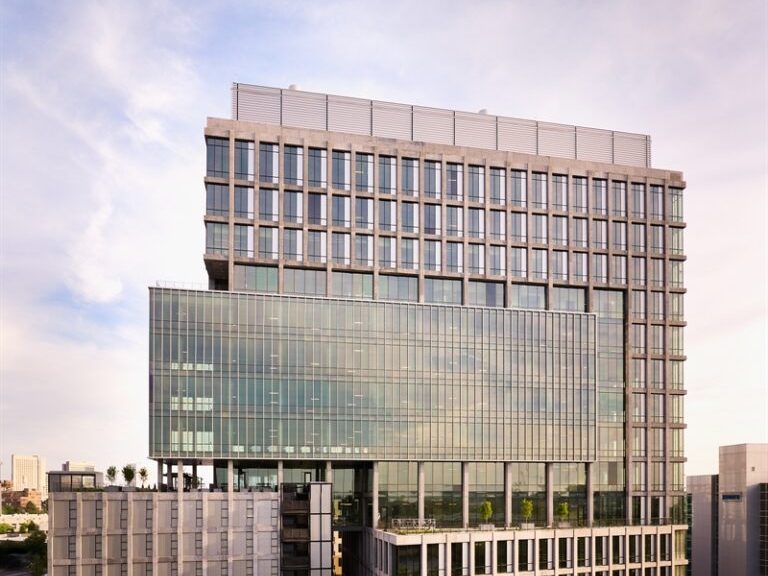
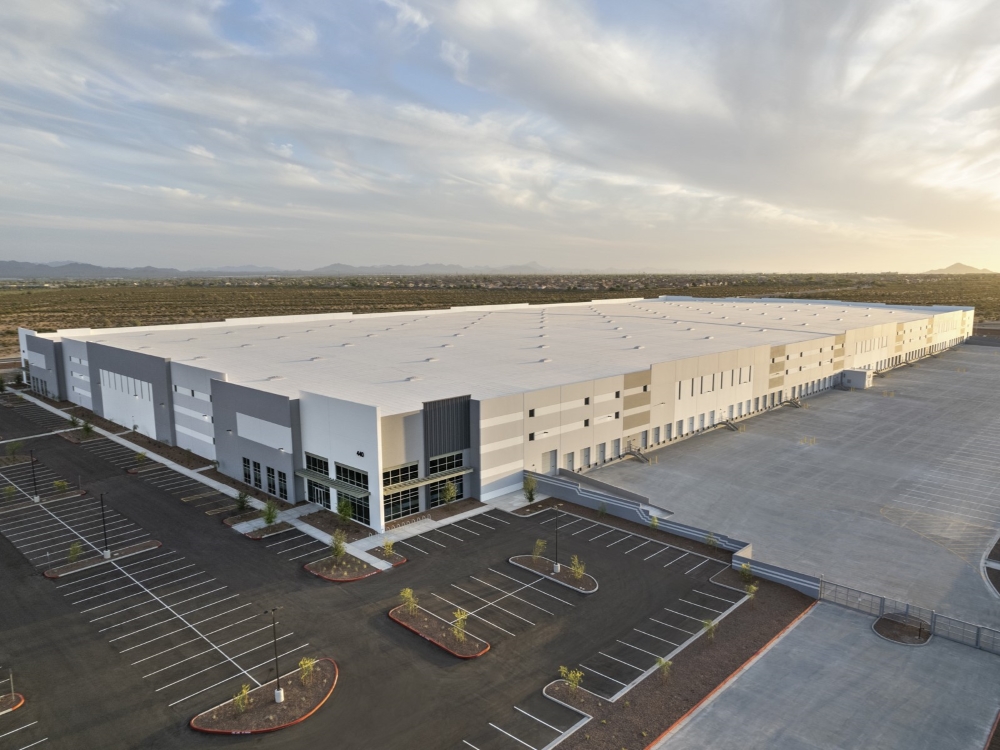
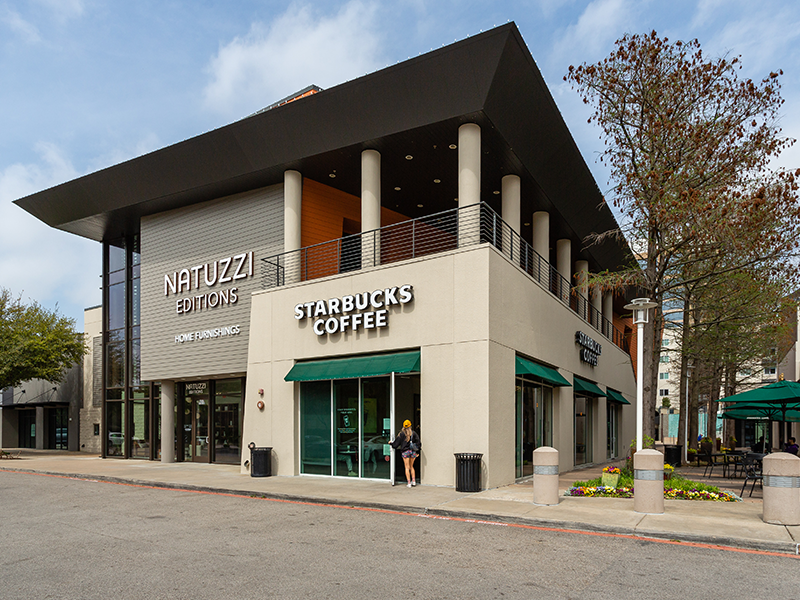
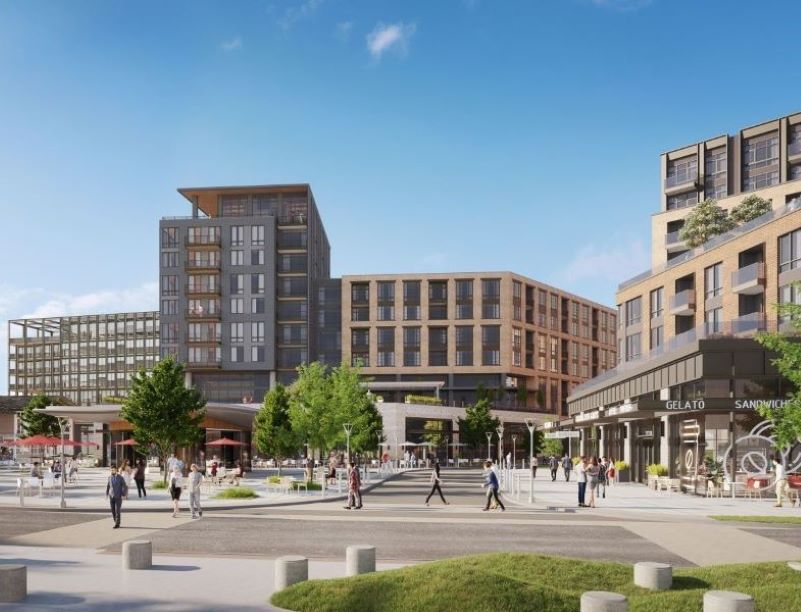
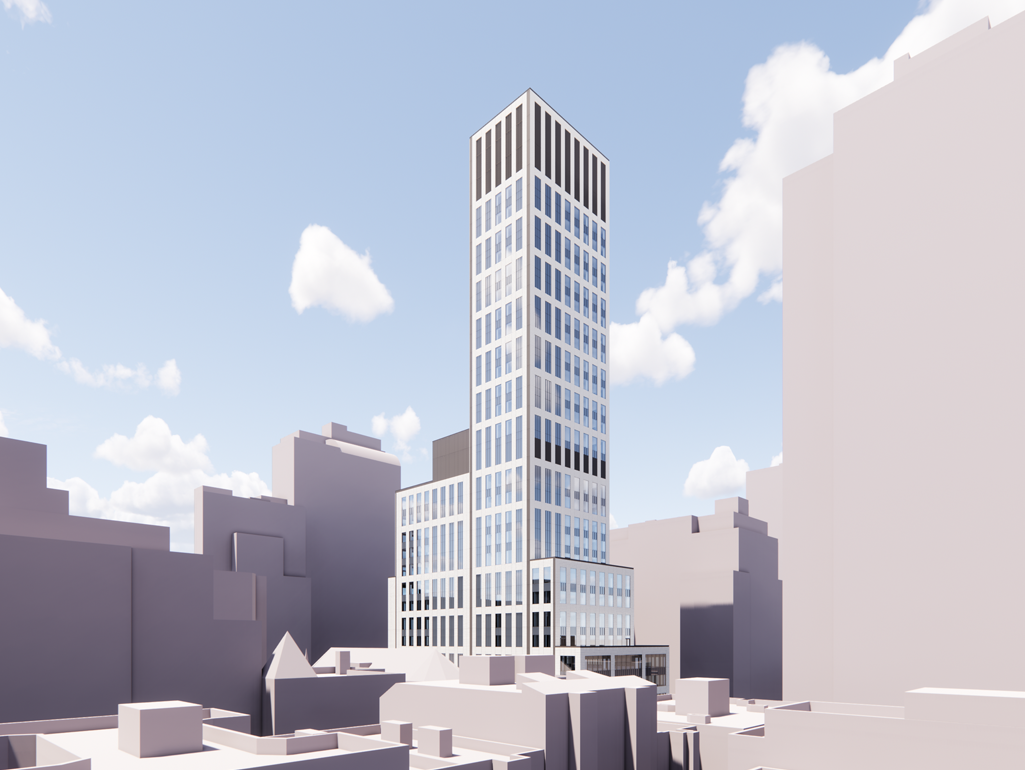
You must be logged in to post a comment.